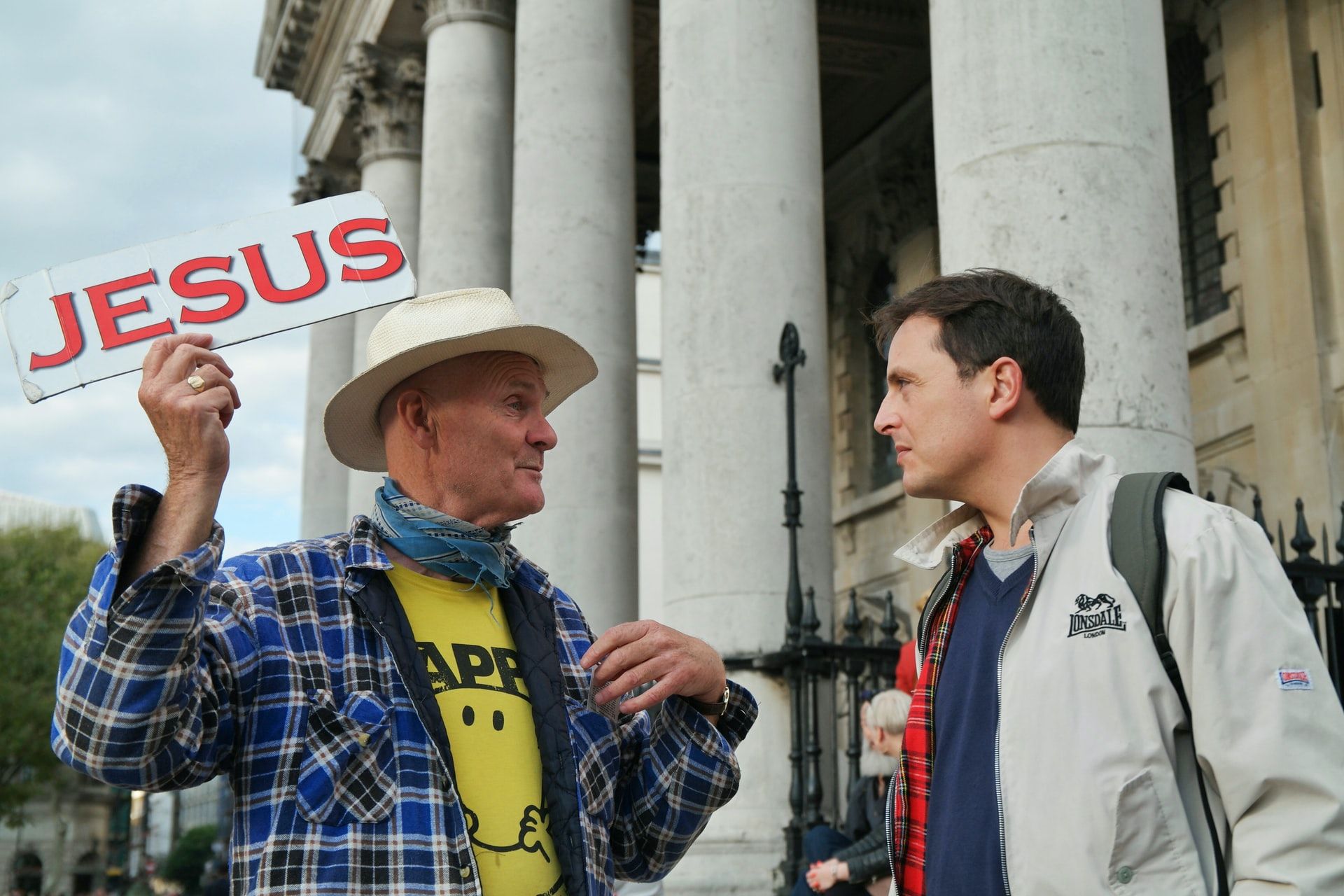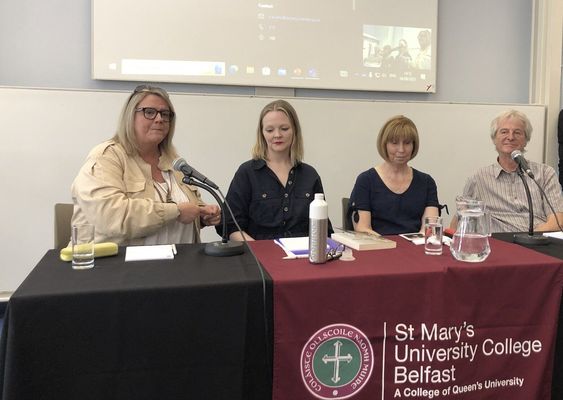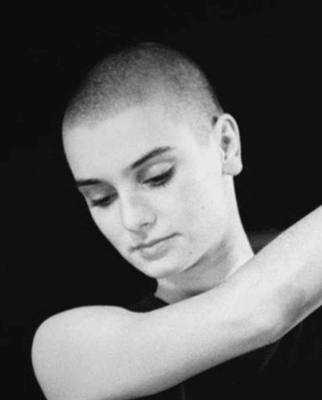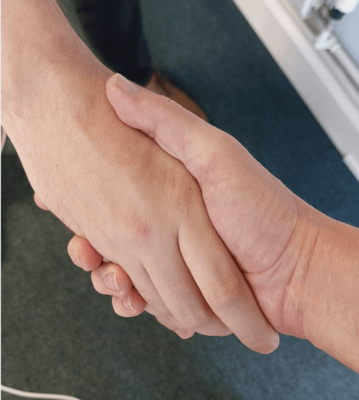I CAN remember over the years many shopping trips to Belfast city centre and passing by street preachers on the street corner.
Recently, I decided to stop and listen to a small group of them. I watched as one man waved a flag declaring, ‘Jesus saves,’ and one gave out tracts. Another man (using a microphone) preached his message with determination and conviction. His yelling could be heard throughout the streets.
However, I immediately felt a deep uneasiness in the pit of my stomach. I was disturbed to hear them shout to passers-by that they are, ‘children of wrath,’ and all ‘going to burn in hell.’ My discomfort came from my inability to reconcile their message of condemnation, to a gospel of love, grace and acceptance.
Thank you. I miss you all ❤️ https://t.co/dA5sORS2e5
— Karen Sethuraman (@KarenSethuraman) October 13, 2020
As a Faith Leader I stood and wondered, ‘What are we doing to people?’
Is their message good news?
Our response could be to simply ignore them. I am not interested in getting into a debate concerning religion and freedom of speech. The deeper issue for me is about the words that we speak over people; the message that is spoken into the streets of our city.
I believe our city more than ever need to hear words of hope, reconciliation, and compassion. The question is: Are we such messengers?
Maybe, St Francis of Assisi was on to something when he said… “Preach the Gospel always, and when necessary, use words.”
I LOVE stories.
One of my favourite stories tells of a man on a journey. He was beaten up, his possessions stolen, and was left on the side of the road to die. Interestingly, we read of two religious men who saw the wounded man, crossed the road, and walked on. But then along came someone you would least expect. Someone from another community. Someone from another religious background.
Imagine if we stopped crossing the road. Imagine if we stopped to help the wounded.
So, who is my neighbour?
Someone who is regarded as ‘the other.’ This stranger had every reason to turn a blind eye. Instead, he stopped to help the injured man. Maybe what he saw that day was a reflection of himself and his own humanity; realising that the wounded man is one of us.
Imagine if we stopped crossing the road. Imagine if we stopped to help the wounded.
So, who is my neighbour?
The one from the other community. The refugee. The single parent worried about finances. The employed, self-employed and unemployed. The one battling cancer, or an underlying health condition. The frontline staff of the medical world, education, business and other organisations. The elderly. The LGBT+ community. The politicians, the homeless, the addicted, the hungry, and so on. This is my neighbour.
I am your neighbour, and you are mine.
May we to go beyond what we see, and be determined to do something about it.
May we together build a City, and a Nation of Neighbours.








